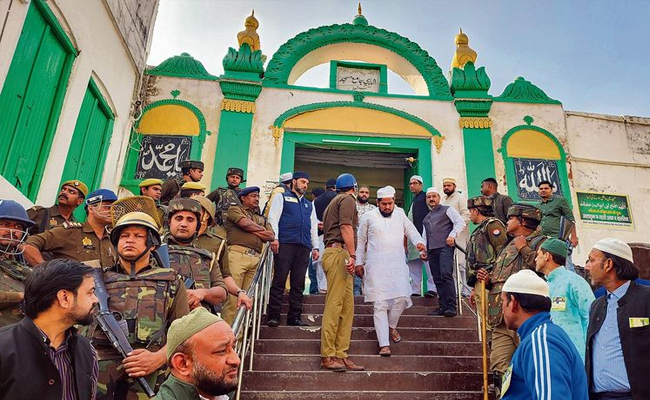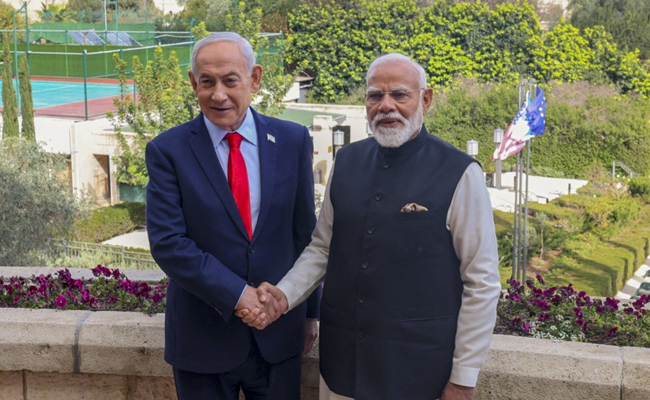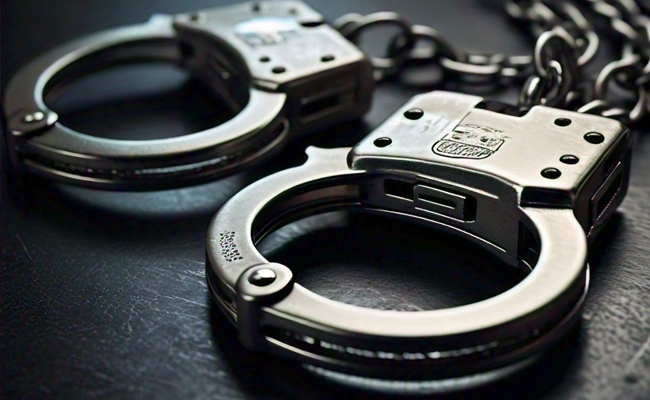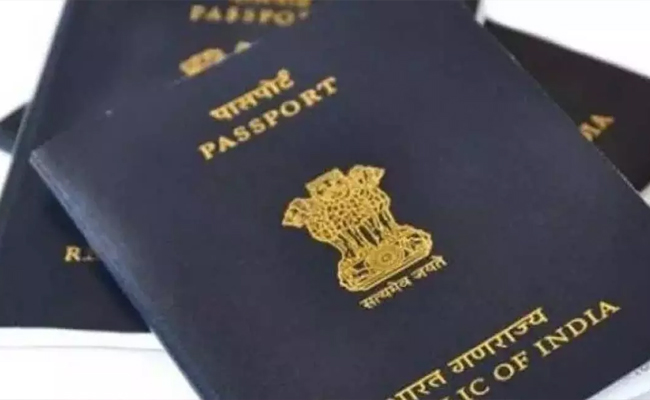The recent violence in Uttar Pradesh’s Sambhal district, which claimed four lives, has once again underscored the dangers of communal discord fueled by contentious litigation and controversial court orders. The unrest erupted following a motivated legal suit aimed at altering the status of a place of worship, leading to a questionable ex parte order by a local court and subsequent violent protests. The Supreme Court of India has intervened to maintain peace and has directed the lower court to halt proceedings until the Allahabad High Court hears the mosque committee's challenge to the survey order. This intervention, as highlighted in The Hindu editorial, has brought some relief amidst the heightened tension.
According to the editorial, the controversy centers around the 16th-century Shahi Jama Masjid in Chandausi. The local court’s order to conduct a survey of the mosque, issued without hearing the mosque management committee, sparked outrage among local residents, who viewed it as an attempt to convert the mosque into a temple. The editorial notes that the violence, which coincided with the second survey, resulted in the deaths of four people. While police claim that firearms used by the protesters caused the fatalities, residents allege it was due to police firing.
The Hindu points out that such incidents are part of a troubling pattern of action by aggressive proponents of Hindutva ideology. Claims that numerous mosques were built after destroying Hindu temples have led to a series of legal attempts to alter the religious identity of these structures. The editorial draws attention to how courts, influenced by precedents in similar cases from Varanasi and Mathura, have frequently issued orders permitting surveys of disputed sites without first determining the legal admissibility of such suits.
This practice, the editorial argues, undermines the Places of Worship (Special Provisions) Act, 1991, which prohibits altering the status of places of worship as of August 15, 1947. The Act also bars filing lawsuits aimed at changing the religious character of such sites. The editorial links these developments to an observation by former Chief Justice of India, D.Y. Chandrachud, suggesting that the Act does not preclude assessing the religious character of a place as it stood on the cutoff date. This interpretation, The Hindu implies, has emboldened individuals to pursue ill-motivated claims.
Additionally, the Shahi Jama Masjid is protected by the Archaeological Survey of India, which prohibits its use for purposes inconsistent with its historical and religious significance. This legal protection, however, appears to have been ignored in the rush to entertain the claims of the litigants.
The editorial emphasizes the broader implications of such cases, warning that judicial actions that permit questionable suits risk stoking communal tensions and undermining societal harmony. It calls for greater caution from the judiciary in entertaining claims that challenge the established status of religious places and stresses the need to uphold peace and constitutional values in such sensitive matters.
As highlighted by The Hindu, incidents like these serve as a sobering reminder of the need for collective efforts to maintain communal harmony and safeguard the secular fabric of the nation.
Let the Truth be known. If you read VB and like VB, please be a VB Supporter and Help us deliver the Truth to one and all.
Jerusalem (PTI): India and Israel on Thursday elevated their "time-tested" relationship to a special strategic partnership and agreed to soon firm up a "mutually beneficial" free trade deal even as Prime Minister Narendra Modi strongly backed the Gaza peace initiative, asserting that humanity must never become a victim of conflict.
Following talks between Modi and his Israeli counterpart Benjamin Netanyahu, the two sides inked a plethora of agreements to expand cooperation in areas of trade, agriculture, energy, cyberspace and digital payment.
India and Israel also vowed to expand their already close defence partnership by working towards joint development and joint production of military hardware under the framework of the transfer of technologies.
In his media statement, Modi said India's security interest is linked to peace and stability in the Middle East, adding that New Delhi fully supports the Gaza Peace Initiative.
"India's stance is clear: humanity must never become a victim of conflict. A path to peace has been created through the Gaza Peace Plan. India has fully supported these efforts," he said.
"In the future as well, we will continue dialogue and cooperation with all countries," he said.
PM Modi landed in Israel on Wednesday on a two-day visit. It is his second visit to Israel in nine years.
In his remarks, the prime minister said India and Israel have a united view that there is no place for terrorism in the world and both sides stand shoulder-to-shoulder in countering terrorism and its supporters.
"Our relationship is founded on the strong bedrock of deep trust, shared democratic values, and human sensitivities. Our bond has stood the test of every trial of time," he said.
"Today, we have taken the historic decision to elevate our time-tested partnership to the status of a 'Special Strategic Partnership'," he said.
The prime minister also announced the establishment of an India-Israel critical and emerging technologies partnership to impart a new momentum for cooperation in areas of artificial intelligence, quantum, and critical minerals. "I am pleased that an agreement has been reached for the use of UPI in Israel," he said.
The prime minister, referring to the threat of terrorism, said India and Israel will continue to confront the menace unitedly.
"India and Israel are completely clear that there is no place for terrorism in the world. In any form, in any expression, terrorism cannot be accepted," he said.
"We have stood shoulder-to-shoulder in opposing terrorism and its supporters, and we will continue to do so," he added.
India and Israel also discussed the implementation of the India-Middle East Europe Economic Corridor (IMEC) and cooperation under the framework of I2U2 (India-Israel-UAE-USA).





